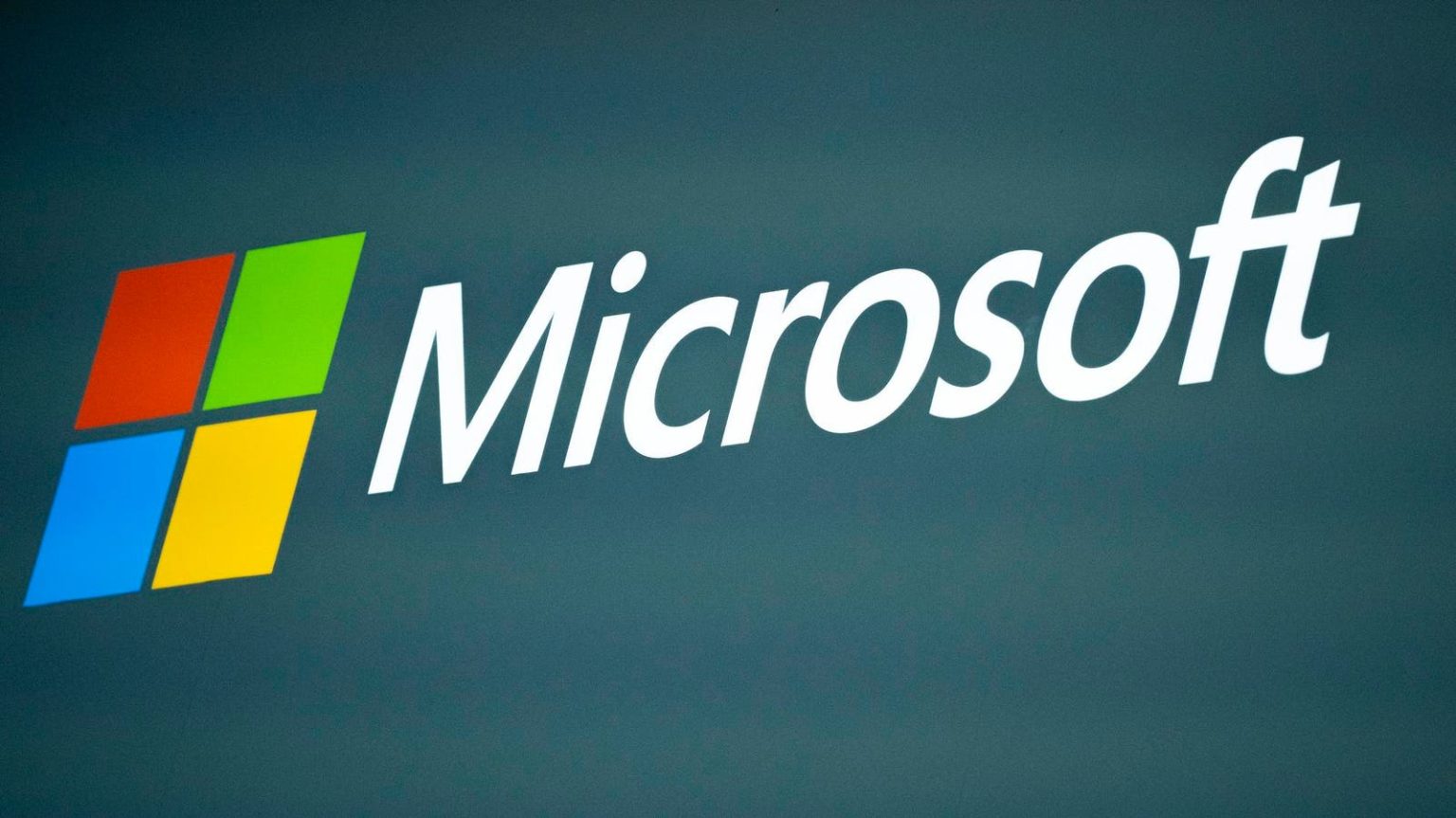In a new report from Microsoft, it has been revealed that entities affiliated with China are utilizing deceptive social media accounts to gauge U.S. public opinion on divisive issues. The goal appears to be to gather information on potentially disrupting elections, with the use of AI-generated content also aimed at swaying public opinion. However, Microsoft notes that the success of these efforts has been limited thus far. The analysis found that China’s priorities and targets remain focused on influencing operations in regions like the South Pacific Islands, the South China Sea, and the U.S. defense industrial base, but there has been a change in tactics.
The report highlights how Chinese-affiliated social media accounts have started to exclusively post about U.S. political issues, with recent posts including polling questions to gauge public sentiment. Microsoft believes that this could be a deliberate effort to understand voter demographics and divisive topics ahead of the 2024 presidential election. Additionally, Chinese influence operations have been increasingly using artificial intelligence to sow political divisions not only in the U.S. but also in other countries. The network known as Spamouflage, also referred to as Storm-1376, has stepped up AI operations during events like the Taiwanese presidential election, promoting misleading AI-generated audio clips, memes, and other content.
Microsoft’s report also raises concerns about North Korea, detailing the country’s ongoing efforts to steal cryptocurrency for its weapons program. North Korean cyber attackers have reportedly stolen over $3 billion in cryptocurrency since 2017, with a focus on gathering intelligence on the U.S., South Korea, and Japan. Microsoft is working to disable accounts associated with a North Korean entity known as Emerald Sleet that has been using AI to enhance its cyber operations. The report underscores the potential threat posed by state-sponsored groups using artificial intelligence to improve hacking operations.
In response to the report, a Chinese Embassy spokesperson disputed the findings, labeling them as disinformation and reiterating China’s commitment to non-interference in domestic affairs like U.S. elections. The spokesperson criticized the U.S. for being a breeding ground for disinformation and accused the country of framing Chinese policies negatively. This report comes at a time when Microsoft is facing its own cybersecurity challenges, with recent breaches linked to Russian and Chinese-affiliated groups. The company has been criticized for a series of errors that led to a breach of its systems, highlighting the ongoing threat posed by cyber attacks.
Meanwhile, in a related development, billionaire Elon Musk announced plans to purge bot accounts on his social media platform X, formerly known as Twitter. The platform has faced ongoing challenges in controlling the emergence of fake accounts, reflecting the broader issue of social media manipulation and disinformation. As the debate around online influence operations continues to evolve, it is clear that the intersection of technology and politics presents complex challenges that require ongoing vigilance and collaboration among tech companies, governments, and other stakeholders.


